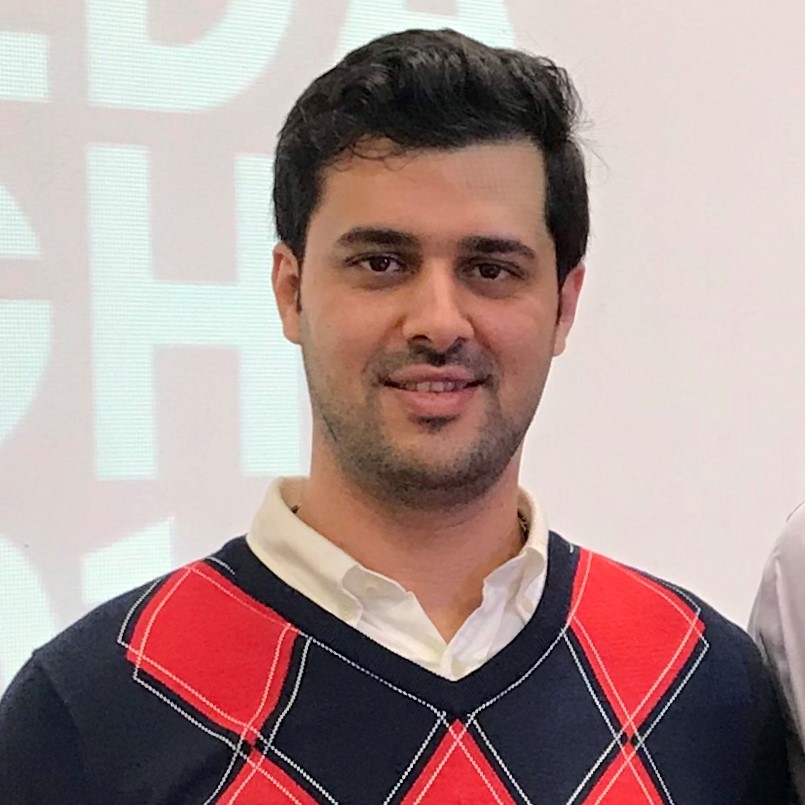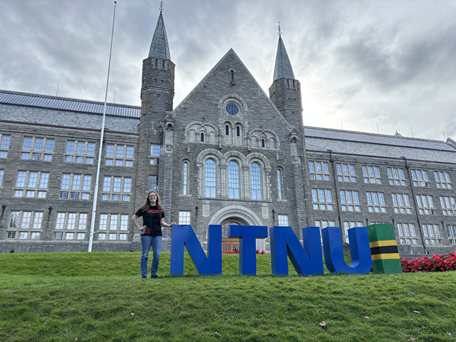News Story
Foad Karimian Nominated for Ann G. Wylie Semester Dissertation Fellowship

Foad Karimian was chosen as a Mechanical Engineering nominee for the Ann G. Wylie Semester Dissertation Fellowship. The Ann G. Wylie Dissertation Fellowship is part of the Graduate School's Semester Dissertation Fellowship program. This program provides support to University of Maryland doctoral candidates who are in the latter stages of writing their dissertations.
Foad's dissertation is titled, "Thermodynamic and Information Entropy-Based Prediction and Detection of Fatigue Failures in Metallic and Composite Materials Using Acoustic Emission and Digital Image Correlation." His dissertation is directed by Professor Mohammad Modarres and Professor Hugh Bruck. The abstract is as follows:
Manufactured components, although assumed to be identical, always present some variability in their performance while in service. This variability can be seen in their degradation path and time to failure as they are tested under identical conditions. Fatigue is the most common degradation mechanism and a major cause of failure in structural components. Fatigue damage detection and measurement is not a trivial task and failure to address it usually results in catastrophic consequences. Therefore, it is of utmost importance to address fatigue damage in sensitive structures such as airframes. Inspection of an airframe structure is a slow and labor-intensive process which requires grounding. Therefore, the aerospace industry is moving toward structural health monitoring (SHM) techniques to detect fatigue which reduce cost, minimize human intervention and increase the reliability of detection. The available models to interpret data in SHM are usually dependent on experimental setup. As such, there is a gap in fundamental fatigue modeling to predict, detect and measure damage independent of experimental conditions. This research proposes a new method based on the first principals of damage in materials, i.e., energy dissipation. The proposed method effectively characterize and measure damage evolution at multiple length scales based on the fundamental concept of entropy. Two entropic-based indexes are used in this study: Thermodynamic entropy and Information entropy. Two non-destructive testing techniques, i.e., acoustic emission (AE) and digital image correlation (DIC), are used to measure the dissipated energy in course of fatigue tests. Two materials commonly used in aerospace structures, i.e., aluminum alloy (AA) and carbon fiber-reinforced polymer (CFPR), are selected to demonstrate the methods. Results show that both indexes are capable of detecting fatigue crack initiation in AA materials, independent of loading conditions. Furthermore, both indexes are correlated with crack propagation in AA material. Study on CFRP material is the next step of this research. It is expected that the use of DIC results in a better thermodynamic entropy characterization and the entropic endurance level measurement in this material. Also it is expected that the trend and values of AE signals’ information entropy correlate well with the fatigue damage progression in the material.
Congratulations for Foad on this award!
Published February 24, 2020









